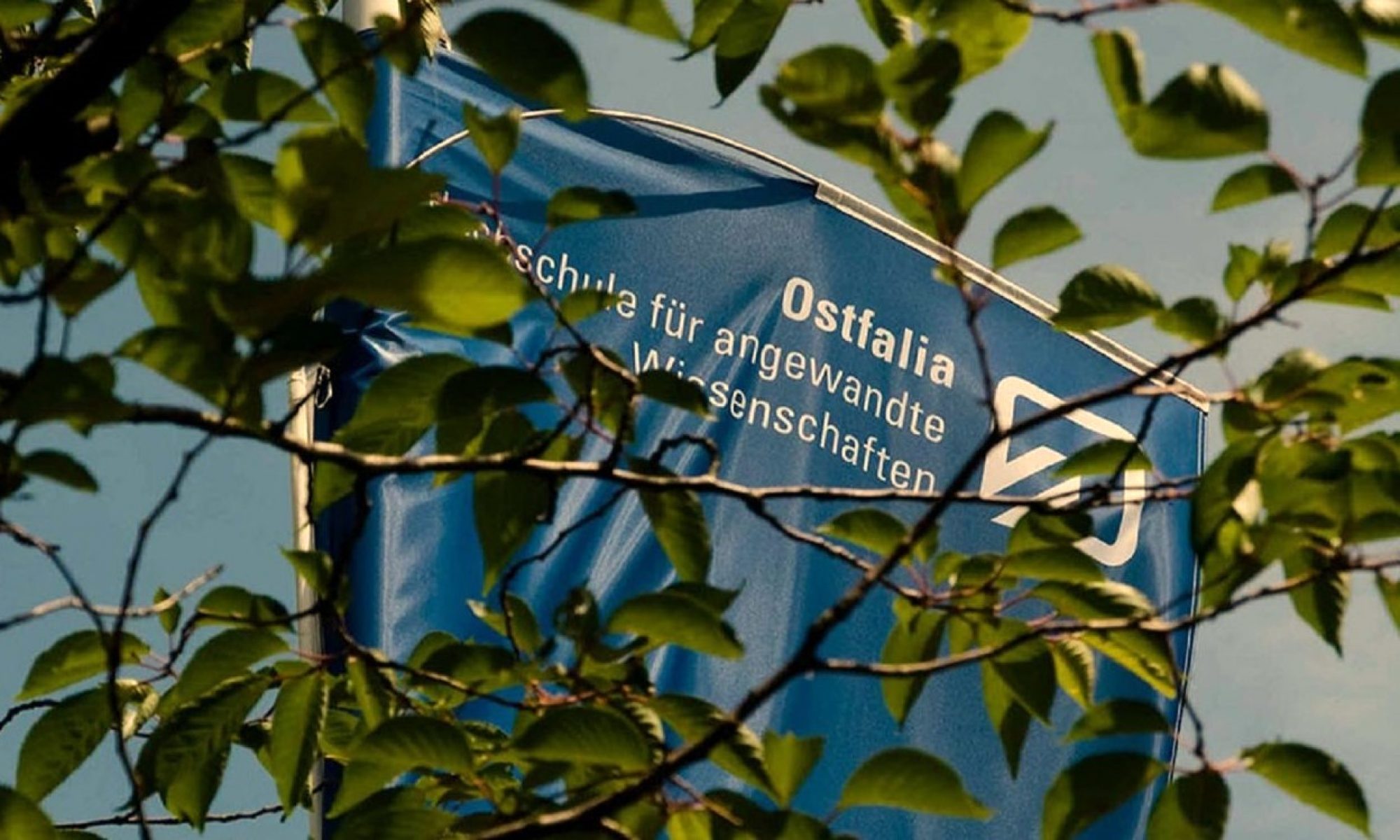María Anciones-Polo (a) & Elisa Frutos-Bernal (a) & Laura Vicente-Gonzalez (a) & Ascensión Hernández Encinas (b) & Araceli Queiruga-Dios (c)
mariaanciones@usal.es; efb@usal.es; laura20vg@usal.es; ascen@usal.es; queirugadios@usal.es
(a) Department of Statistics, Faculty of Medicine, Universidad de Salamanca
(b) AELCLÉS (Spanish Network of Entities Against Leukemia and Blood Diseases), Salamanca, Spain
(b) Department of Applied Mathematics, Higher Technical School of Industrial Engineering, Universidad de Salamanca
Abstract
Service-learning (SL) is a methodology widely used in some universities, whose purpose is for students to acquire knowledge and skills while doing a service to the community. A SL project was proposed to students of Industrial Engineering to collaborate with students of the degrees in Statistics and Labor Relations of the University of Salamanca. The goal of the activity was to develop teamwork in such a way that each team included students from the different degrees.
The University of Salamanca has institutionalized the SL projects and each year there is a call to all teachers. A group of these teachers who teach statistics, together with the Spanish Network of Entities Against Leukemia and Blood Diseases (AELCLÉS), proposed the project “Learning Statistics in Collaboration with the Community”, with the aim of connecting university teaching of statistics with practical applications in the community, highlighting its value in improving the quality of life of haematological patients.
From an interdisciplinary approach, this project addresses challenges such as data cleaning and the generation of statistical reports through descriptive and inferential analysis, using statistical tools such as R, SPSS and Excel.
The SL project highlights the benefits of integrating the Sustainable Development Goals into the teaching of STEM disciplines, demonstrating how mathematics can be transformed into an essential tool for turning data into meaningful knowledge. This approach is particularly relevant in collaboration with the AELCLÉS association, whose work focuses on improving the quality of life of haematology patients and their caregivers. Through statistical analysis, data-driven solutions are provided that enable organizations with a strong social commitment to optimize their support and care programs.
In addition, some of the learning outcomes achieved by students are improved critical thinking and technical competence, along with the social impact of collaboration, creating a bridge between technical knowledge and its application in real life.
Keywords
Service-learning, Statistics, undergraduate degree students
References
Bringle, R. G., & Hatcher, J. A. (1996). Implementing Service Learning in Higher Education. The Journal of Higher Education, Vol. 67 (No. 2):221–239. https://doi.org/10.1080/00221546.1996.11780257.
Dias Rasteiro, D. M., Caridade, C. M., Hernández Encinas, A., Queiruga-Dios, A., & Mierlus, I. (2023). Engagement And Solidarity While Learning. Engagement And Solidarity While Learning. European Society for Engineering Education (SEFI). https://doi.org/10.21427/2260-XD97.
Queiruga-Dios, A., Rasteiro, D. M., Sánchez Barbero, B., Martín-del Rey, Á., & MierlusMazilu, I. (2023, July). Service-Learning Activity in a Statistics Course. In International Conference on Mathematics and its Applications in Science and Engineering (pp. 317- 324). Cham: Springer Nature Switzerland. https://doi.org/10.1007/978-3-031-49218-1_23
Queiruga-Dios, M., Santos Sánchez, M. J., Queiruga-Dios, M. Á., Acosta Castellanos, P. M., & Queiruga-Dios, A. (2021). Assessment methods for service-learning projects in engineering in higher education: A systematic review. Frontiers in Psychology, Vol. 12:629231. https://doi.org/10.3389/fpsyg.2021.629231.
